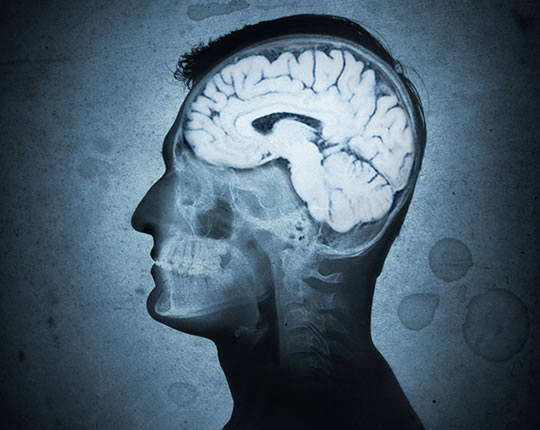The neuroprotective effect of this common drug on Alzheimer’s.
Compounds in marijuana could help to prevent Alzheimer’s disease, new research finds.
The compounds, which include tetrahydrocannabinol, can promote the removal of a toxic protein related to Alzheimer’s disease.
It could help to explain why exercise — which produces natural endocannabinoids — is also protective against Alzheimer’s.
Professor David Schubert, senior author of the study, said:
“Although other studies have offered evidence that cannabinoids might be neuroprotective against the symptoms of Alzheimer’s, we believe our study is the first to demonstrate that cannabinoids affect both inflammation and amyloid beta accumulation in nerve cells.”
The tests were carried out on neurons grown in the laboratory.
Researchers found that exposing these cells to THC — the active component of marijuana — reduced the levels of the toxic protein linked to Alzheimer’s.
It also eliminated the inflammatory response.
Dr Antonio Currais, the study’s first author, explained:
“Inflammation within the brain is a major component of the damage associated with Alzheimer’s disease, but it has always been assumed that this response was coming from immune-like cells in the brain, not the nerve cells themselves.
When we were able to identify the molecular basis of the inflammatory response to amyloid beta, it became clear that THC-like compounds that the nerve cells make themselves may be involved in protecting the cells from dying.”
It is now yet known if THC could provide a useful therapy against Alzheimer’s.
This would need to be tested in clinical trials.
However, one small trial has already found that medical cannabis oil containing THC can help people with the symptoms of dementia (Shelef et al., 2016).
This trial found a significant reduction in psychological and behavioural symptoms of dementia such as agitation, aggression, delusions and apathy.
The study was published in the journal Aging and Mechanisms of Disease (Currais et al., 2016).
Alzheimer’s image from Shutterstock

